Introduction to Proteins and Gut Health
Gut health and proteins consumption have both become hot topics for those seeking optimal health and wellness. But how are they connected? A balanced gut is essential for digesting food, absorbing nutrients, and supporting the immune system. Meanwhile, protein plays a central role in growth, repair, and the maintenance of our body’s tissues and functions. Recent research suggests that the type, amount, and quality of protein we consume can directly impact gut health. Understanding this connection can lead to better dietary choices that support a healthy, balanced gut microbiome.
What is Gut Health?
The term “gut health” refers to the well-being of our gastrointestinal (GI) tract, which includes the stomach, intestines, and the trillions of bacteria residing in the gut, known as the gut microbiome. A healthy gut facilitates digestion, nutrient absorption, and immune function. But a poor gut health balance can lead to issues like bloating, inflammation, and weakened immunity, all of which affect overall well-being. The balance of bacteria in our gut plays a crucial role here—“good” bacteria aid in nutrient breakdown and absorption, while “bad” bacteria can create toxins that harm our health if they overgrow.

Protein: Essential for the Body
Proteins are essential macronutrients made up of amino acids that the body cannot produce on its own. They play a vital role in muscle building, repair, hormone regulation, and maintaining immune health. Proteins come in various forms, from animal sources like meat, fish, and dairy to plant-based sources like beans, nuts, and soy products. Since proteins are so integral to nearly every bodily function, it’s no surprise they impact gut health as well. Both the type and quality of proteins you consume can influence your gut’s microbiome balance and digestion efficiency.
Understanding the Gut-Protein Connection
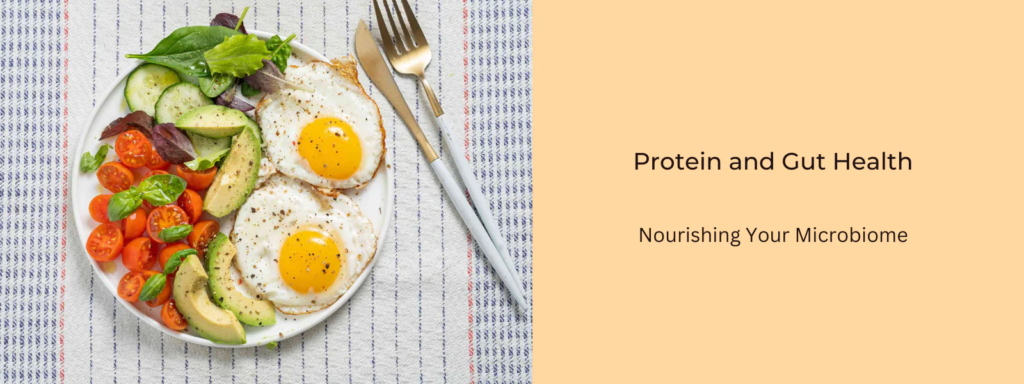
The gut-protein connection is a crucial yet often overlooked aspect of digestive health. When protein is consumed, it interacts with the gut microbiome and is broken down into amino acids, which are absorbed and used throughout the body. Some proteins can promote beneficial bacteria in the gut, while others might encourage the growth of less desirable bacteria. This dynamic interaction can influence the strength and function of the gut lining, affecting overall health.
Proteins also serve as building blocks for the cells in our gut lining, which acts as a barrier to prevent harmful bacteria and toxins from entering the bloodstream. Therefore, adequate protein intake supports gut lining health, while insufficient or excessive protein can disrupt this balance.
How Protein Digestion Works
Protein digestion begins in the stomach, where enzymes like pepsin break down proteins into smaller polypeptides. As these smaller components move into the small intestine, they are further broken down by pancreatic enzymes like trypsin and chymotrypsin. This process continues until proteins are broken down into amino acids, which are then absorbed into the bloodstream through the intestinal walls.
The breakdown of protein doesn’t just serve the body’s need for amino acids; it also impacts the gut microbiome by producing metabolites that can either benefit or harm gut bacteria. For instance, beneficial byproducts from protein digestion can promote healthy gut flora, while excessive breakdown of certain proteins can produce compounds that encourage the growth of harmful bacteria.
The Gut Microbiome: Friend or Foe?
The gut microbiome is a unique ecosystem in your body that requires balance for optimal health. This community of bacteria, viruses, and fungi directly impacts digestion, immunity, and even mental clarity. When it’s balanced, it’s your friend, aiding in food breakdown, inflammation reduction, and protection against pathogens. However, an imbalance, where harmful bacteria outnumber beneficial ones, can disrupt this harmony, potentially leading to digestive issues, inflammation, and even anxiety or depression.
Diet, especially protein choices, is a primary factor in maintaining microbiome balance. Certain types of protein support beneficial bacteria that keep the gut balanced, while others may feed bacteria that produce harmful byproducts, contributing to gut imbalance over time. Striking the right balance of protein sources is essential for keeping your microbiome in check.
Types of Protein and Their Effects on Gut Health

The source of protein matters significantly for gut health. Different proteins affect the gut microbiome in various ways:
- Animal-Based Proteins: High intake of red meat has been shown to increase levels of TMAO (trimethylamine N-oxide), a compound linked to inflammation and cardiovascular risks. Poultry and fish have lower impacts on these inflammatory markers but still require moderation. These proteins can encourage bacteria associated with the production of potentially harmful compounds, so it’s best to balance animal proteins with fiber-rich foods.
- Plant-Based Proteins: Beans, lentils, tofu, and other plant-based proteins are typically associated with higher levels of beneficial gut bacteria due to their fiber content. Fiber promotes the growth of beneficial bacteria that produce short-chain fatty acids, which are crucial for maintaining gut health and reducing inflammation.
- Fermented Proteins: Fermented proteins like yogurt, kefir, and tempeh contain probiotics, beneficial bacteria that can directly support gut health. Fermented proteins are also easier to digest and often help reduce inflammation, making them an excellent addition to a gut-friendly diet.
Benefits of Protein for Gut Health
Consuming the right amount and type of protein can strengthen the gut lining and reduce inflammation. Protein supports the production of cells in the intestinal lining, maintaining a strong barrier that protects against harmful bacteria and toxins. Additionally, certain amino acids, like glutamine, play a crucial role in healing and maintaining gut integrity, reducing the risk of conditions like leaky gut.
Proteins also influence the production of short-chain fatty acids (SCFAs), which are vital for maintaining a balanced gut microbiome. SCFAs help reduce inflammation and provide energy to cells in the colon, supporting both gut and overall health.
Potential Downsides of Protein for Gut Health
While protein is beneficial, an excessive intake—particularly from animal sources—can lead to negative effects on gut health. High-protein diets may cause an overgrowth of bacteria associated with the production of ammonia and other toxic byproducts, which can lead to symptoms like bloating, constipation, and even inflammation in the gut lining. This is especially true for low-fiber, high-protein diets, where the lack of fiber disrupts the microbiome’s balance.
In some cases, individuals may experience digestive discomfort, including gas and bloating, when consuming large amounts of certain proteins. For those with conditions like IBS or other sensitivities, moderating protein intake and choosing easily digestible sources can mitigate these symptoms.
The Role of Fiber with Protein in Gut Health

Fiber is the unsung hero of gut health, especially in a protein-rich diet. Fiber feeds beneficial bacteria in the gut, helping to balance the effects of protein digestion. Diets that are high in protein but low in fiber may disturb the microbiome balance, creating an environment where potentially harmful bacteria thrive.
Plant-based proteins like beans, peas, and lentils provide both protein and fiber, making them ideal choices for gut health. Fiber also helps regulate bowel movements, reduce inflammation, and support overall digestive health, creating an optimal environment for protein digestion.
Choosing the Right Proteins for a Healthy Gut
To support a balanced gut, choose a mix of plant-based proteins, lean animal proteins, and fermented options. When selecting animal proteins, go for lean cuts and avoid excessive red or processed meats. Including plant-based proteins offers fiber and other gut-friendly compounds that support beneficial bacteria. Incorporate fermented proteins, which contain probiotics, to give your gut an extra boost.
Signs Your Gut Health May Need Attention
If protein intake negatively impacts your gut, you may experience bloating, irregular bowel movements, gas, or general discomfort. Fatigue, skin issues, and even mental fog can also indicate that your gut isn’t balanced. Adjusting your protein sources, balancing with fiber, and monitoring symptoms can help identify foods that may be disrupting your gut health.
How to Improve Gut Health with Protein
Enhancing gut health with protein starts with incorporating high-quality, gut-friendly sources. Opt for beans, lentils, eggs, and lean meats, and consider fermented foods like yogurt or kefir. Staying hydrated and consuming a variety of proteins alongside fibrous foods like leafy greens, oats, and apples can also support digestion and promote gut balance.
Gut Health Supplements and Protein
Supplements can support protein digestion and gut health, especially if you struggle with bloating or discomfort. Probiotics introduce beneficial bacteria, while prebiotics feed those bacteria. Digestive enzymes, like proteases, can help break down protein more effectively, reducing strain on the gut and preventing buildup of undigested proteins that may irritate your gut lining.
Conclusion
Understanding the connection between protein and gut health can empower you to make dietary choices that benefit both. Selecting a balance of proteins from various sources and integrating fiber-rich foods into your meals can support a healthy, resilient gut microbiome. With the right approach to protein intake, you can ensure that your diet not only fuels your muscles but also nurtures your digestive health.
FAQs
1. Can too much protein harm the gut?
Yes, excessive protein, particularly from red meats and low-fiber diets, can create byproducts that irritate the gut lining and promote harmful bacteria.
2. How can I tell if protein is affecting my digestion?
Signs include bloating, gas, constipation, or diarrhea. These may indicate that certain proteins or high protein levels are straining your digestive system.
3. Is animal or plant-based protein better for gut health?
Plant-based proteins are generally better for gut health as they contain fiber that supports beneficial bacteria, while animal proteins, especially in excess, may encourage harmful bacteria.
4. How does fermented protein support gut health?
Fermented proteins contain probiotics that introduce beneficial bacteria, aiding digestion and reducing inflammation in the gut.
5. What are the best protein sources for sensitive stomachs?
Opt for easily digestible proteins like eggs, fish, tofu, and fermented dairy, which are less likely to cause bloating or discomfort.

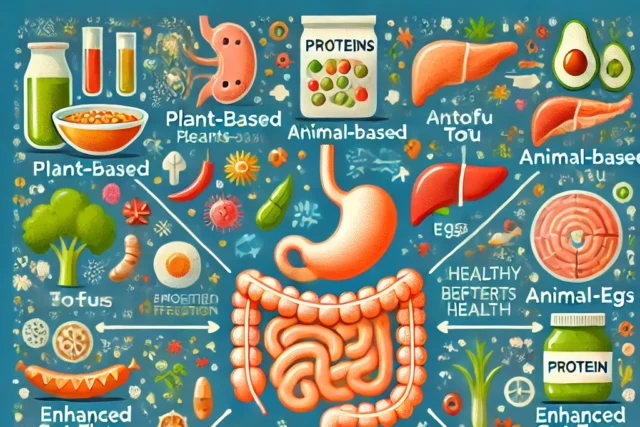




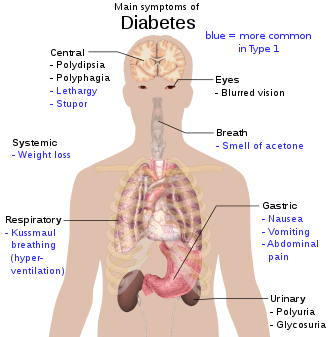

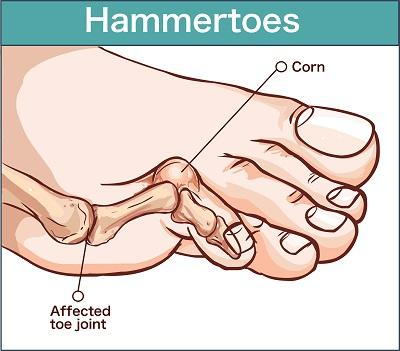
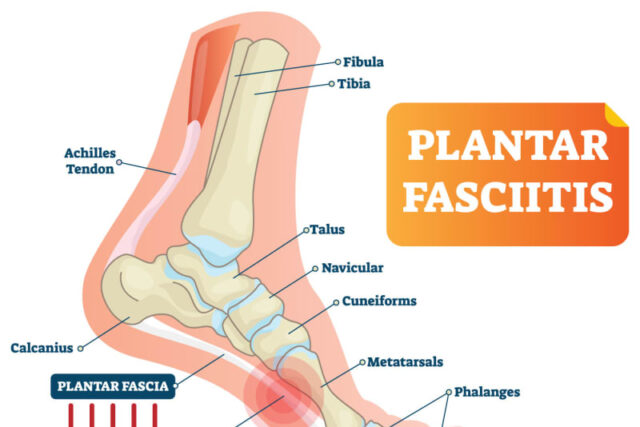
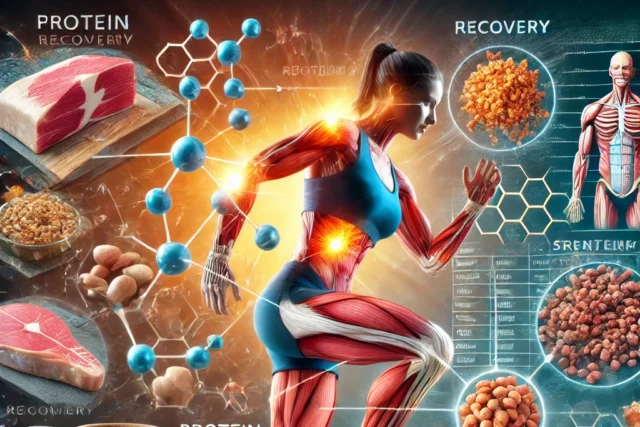
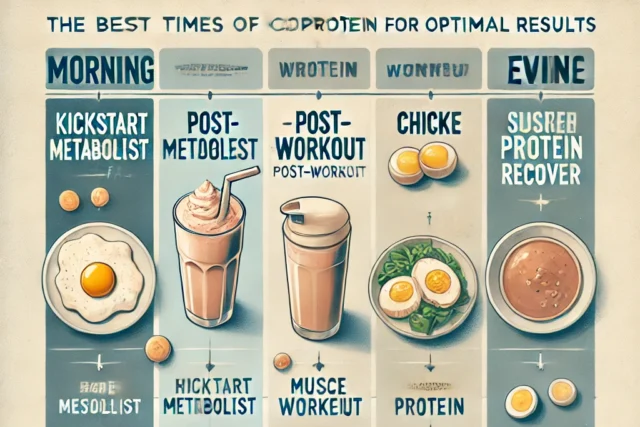
I couldn’t leave your site without saying how much I enjoyed the content. I’ll be back often to check out your latest posts. Keep up the great work!
It is doubtful.